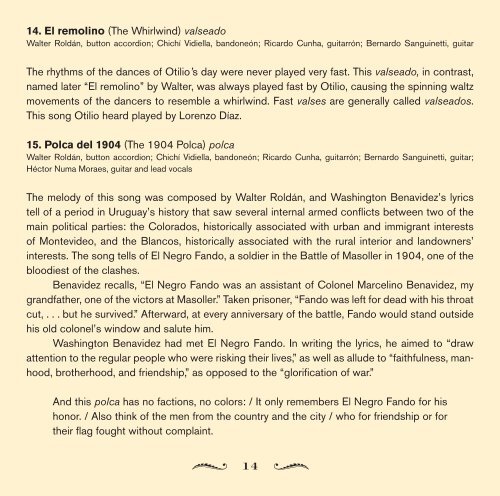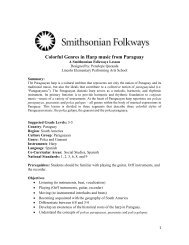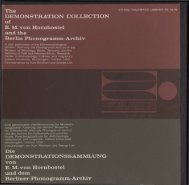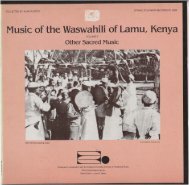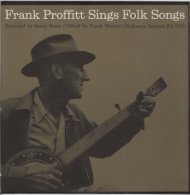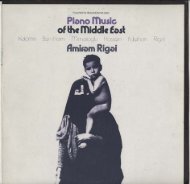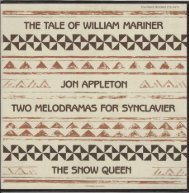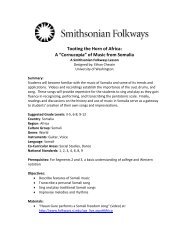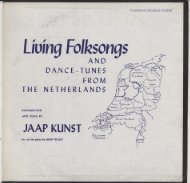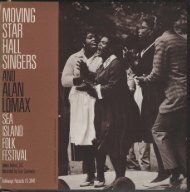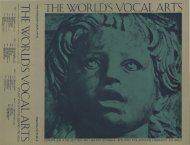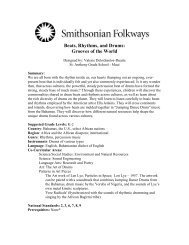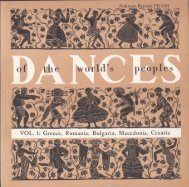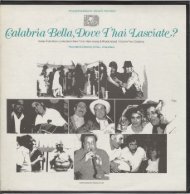4s 4s
4s 4s
4s 4s
You also want an ePaper? Increase the reach of your titles
YUMPU automatically turns print PDFs into web optimized ePapers that Google loves.
14. El remolino (The Whirlwind) valseado<br />
Walter Roldán, button accordion; Chichí Vidiella, bandoneón; Ricardo Cunha, guitarrón; Bernardo Sanguinetti, guitar<br />
The rhythms of the dances of Otilio’s day were never played very fast. This valseado, in contrast,<br />
named later “El remolino” by Walter, was always played fast by Otilio, causing the spinning waltz<br />
movements of the dancers to resemble a whirlwind. Fast valses are generally called valseados.<br />
This song Otilio heard played by Lorenzo Díaz.<br />
15. Polca del 1904 (The 1904 Polca) polca<br />
Walter Roldán, button accordion; Chichí Vidiella, bandoneón; Ricardo Cunha, guitarrón; Bernardo Sanguinetti, guitar;<br />
Héctor Numa Moraes, guitar and lead vocals<br />
The melody of this song was composed by Walter Roldán, and Washington Benavidez’s lyrics<br />
tell of a period in Uruguay’s history that saw several internal armed conflicts between two of the<br />
main political parties: the Colorados, historically associated with urban and immigrant interests<br />
of Montevideo, and the Blancos, historically associated with the rural interior and landowners’<br />
interests. The song tells of El Negro Fando, a soldier in the Battle of Masoller in 1904, one of the<br />
bloodiest of the clashes.<br />
Benavidez recalls, “El Negro Fando was an assistant of Colonel Marcelino Benavidez, my<br />
grandfather, one of the victors at Masoller.” Taken prisoner, “Fando was left for dead with his throat<br />
cut, . . . but he survived.” Afterward, at every anniversary of the battle, Fando would stand outside<br />
his old colonel’s window and salute him.<br />
Washington Benavidez had met El Negro Fando. In writing the lyrics, he aimed to “draw<br />
attention to the regular people who were risking their lives,” as well as allude to “faithfulness, manhood,<br />
brotherhood, and friendship,” as opposed to the “glorification of war.”<br />
And this polca has no factions, no colors: / It only remembers El Negro Fando for his<br />
honor. / Also think of the men from the country and the city / who for friendship or for<br />
their flag fought without complaint.<br />
4 14 s


